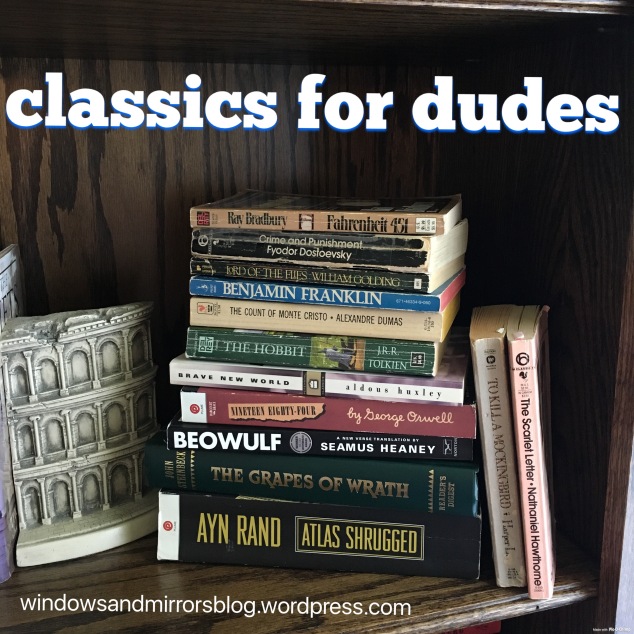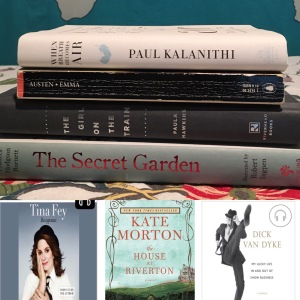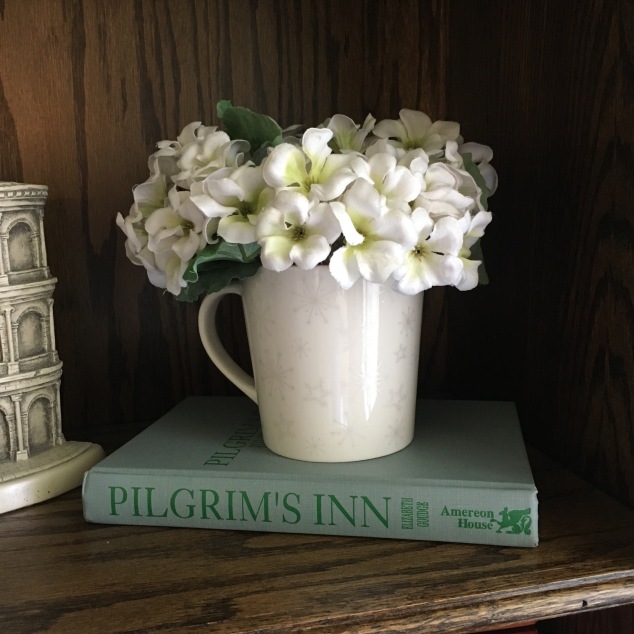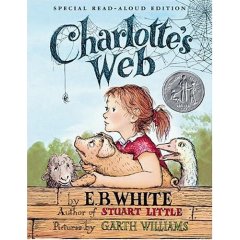
The Invention of Wings by Sue Monk Kidd (Historical Fiction)
LOVED. The Invention of Wings was a really beautiful story that is based on the true story of the Sarah and Angelina Grimke, two sisters who were activists for Civil rights and women’s rights in the 1820s and 30s. The book also tells the fictional story of Handful, a slave girl who was given to Sarah on her 11th birthday. This story is beautiful and heartbreaking, telling the stories of two girls who have hopes and dreams of rising above the lives they are born into.
An Object of Beauty by Steve Martin (Fiction)
I was sadly not very impressed by this one. I saw it in the library and grabbed it because I love Steve Martin (yes, the actor), but it was not my favorite. An Object of Beauty follows Lacey, a young up-and-comer in the art world in New York. There are many, many descriptions of famous paintings and artists (which I don’t have a lot of knowledge about), and also, Lacey was a terrible person. I don’t always have to love characters I’m reading about, but there was not enough in the book for me to like to get past a very unlikable main character. I read to the end of the book, but it was definitely not one I would ever pick up again.
The Rosie Project by Graeme Simsion (Fiction)
This was my book club choice this month, and it was SO fun. A quirky, socially incompetent genetics professor comes up with “The Wife Project”, a survey that will find him a suitable partner. Around the same time, he meets Rosie, a wild, unpredictable girl enters his life. The both find that there are things to learn from the other and (SPOILER ALERT) find love in very unexpected ways!
Born Standing Up by Steve Martin (audio-celebrity memoir)
I have always had a really warm spot in my heart for Steve Martin, but I have realized that that is actually more about George Banks and less about the actual person of Steve. I still did enjoy this audio book, but it was not quite as good as I had built it up in my mind. I do not really know much about the world of stand-up comedy, so it was interesting to hear about Steve Martin’s journey from Disney World to magic shows to stand up to acting.
Stiff: The Curious Lives of Human Cadavers by Mary Roach (Nonfiction)
One of my friends called this “an uncomfortably great read” and I think that is the perfect description. I never would have picked up a book about cadavers, but my good friend told me that it was super interesting and worth reading. For a book about dead bodies, it is surprisingly upbeat. Mary Roach does a great job of presenting facts and stories in an accurate, but not overly gruesome way. She explores the history of cadaver use in medical study as well as other fields. It was FASCINATING. This book is definitely not for the faint of heart or for the squeamish, but I learned so much! If you are into biology or science history, I think this could be a good book for you.
Twenty Thousand Leagues Under the Sea by Jules Verne (Classic)
I am putting this book into the unfortunate “Overrated Classics” category. I’m sorry if you love this book, but I thought it was SO BORING. I think I could have enjoyed an abridged version of this book because each chapter seemed like about 15% plot and 85% descriptions of sea creatures. I suppose that may be interesting to someone interested in ocean life, but for me it was soooo hard to get through.
Red Rising by Pierce Brown (YA-dystopian fiction)
This is my favorite fun (if you can call a book about training teenagers the tactics of war “fun”) I’ve read in a while. I love a good dystopian story, and this one did not disappoint. It has a Hunger Games-y feel, but it may be a little bit darker. It has been a long time since I’ve read HG, but from what I remember, this one seems to have a lot more killing and violence. BUT. I loved. it. I will probably do a full review once I finish the last book of the trilogy. Red Rising is about a society that has a strict color caste system; each color has a specific place and role in their world, some more glamorous than others. A rebel group rises up from the lowColors and tries to infiltrate the system from the inside. It is dramatic and gripping and interesting and just so good!






